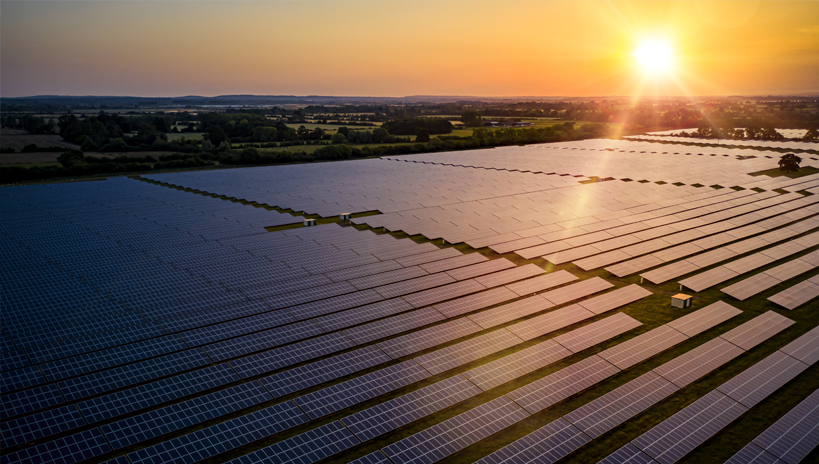Have you watched David Attenborough’s ‘Extinction: The Facts’? If you haven’t, then you must. It is a program so brutally honest about the impact our consumerist lifestyle is having on the natural world. Unlike in his many other, amazing, natural history shows, in this one the animals, landscapes and climate are being destroyed forever by human actions. It is a wake-up call to us at all that the responsibility for maintaining our planet, and thus protecting our health and our food chain, can no longer be someone else’s job, it is ours.
We are lucky to live in an age of tremendous growth and innovation, but increasingly we recognise how recent history has created the twin challenges of climate change and inequality that are so intertwined.
Since its inception in 2014, Social and Sustainable Capital (SASC) has backed solar farms and wind turbines in community ownership across England that allocate a portion of their revenue to funding local charitable projects. But over and above the generation of these community benefit payments, we firmly believe that social outcomes are inextricably linked to the environment. As The Marmot Review 10 Years On (2020) points out, “Health is closely linked to the conditions in which people are born, grow, live, work and age and inequities in power, money and resources – the social determinants of health”.
In fact, according to a 2019 report from WHO EURO, only about 10 percent of self-reported health relates to health care, the rest in varying proportions to four other social, environmental and economic factors. What the 2020 Marmot Review makes clear is that life expectancy follows the social gradient – the more deprived the area the shorter the life expectancy. And over the last decade, this gradient has become steeper and inequalities in life expectancy have increased.
The impact of the environment on health can be seen all around us. Statistically, poorer areas and BAME populations have less access to parks or waterways. Socially deprived communities are more likely to be exposed to higher levels of pollution, and therefore struggle under a triple burden of poverty, poor quality environments and ill health. In London, parents have had to campaign to get the roads arounds schools shut at drop off time to protect their children’s lungs from toxins.
And it is not just health outcomes that are affected by the environment but social outcomes too. The energy market’s contribution to the ‘poverty premium’ is well documented. With a long-term upwards trend in the costs of electric & gas, it is not surprising that in 2018 2.4m households in the UK struggled to afford basic necessities like heating and lived in fuel poverty. Fuel poverty disproportionately effects the health of some of our most vulnerable communities and the elderly. Renewable, sustainable sources of power and a de-carbonisation of the heat system is a challenge that we must address as a nation if we are to combat the huge injustice of fuel poverty and climate change.
Against this backdrop, SASC is delighted to announce that it has acquired Leapfrog Bridge Finance (LBF), the finance arm of low carbon innovator, Pure Leapfrog. Over the last five years, LBF has funded £50m of renewable energy projects in the UK and played a critical role in expanding the community energy sector in the UK. This acquisition allows SASC to build on that important work and grow our portfolio of renewable and community energy projects across the UK. We are excited about funding future innovation in this space.
As we emerge from lockdown, and the full extent of the damage caused by this pandemic becomes clear, there have been many calls for a green economy to be a fundamental part of the government’s plan to “build back better”. We agree. But let’s link the green economy to social outcomes and make sure that communities benefit from this growth.
Climate change isn’t just a problem for other parts the world, it is a problem here, at home, on our doorstep. To separate the environment from society is to uncouple the two most pressing problems of our time which are deeply interwoven. There is a window of opportunity to change our practices and address the issues of climate change and inequality. And SASC is ready to play our part.
To find about more about social investment for your community energy or renewables project, please do get in touch.


